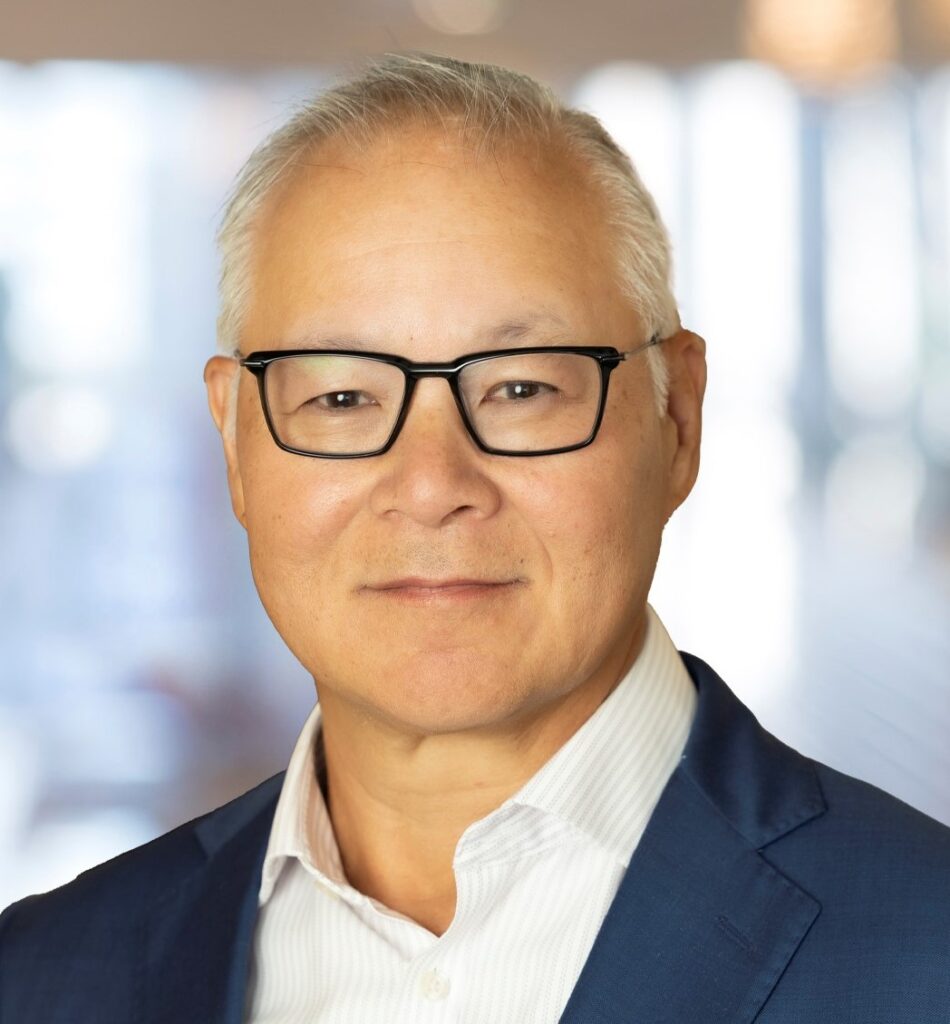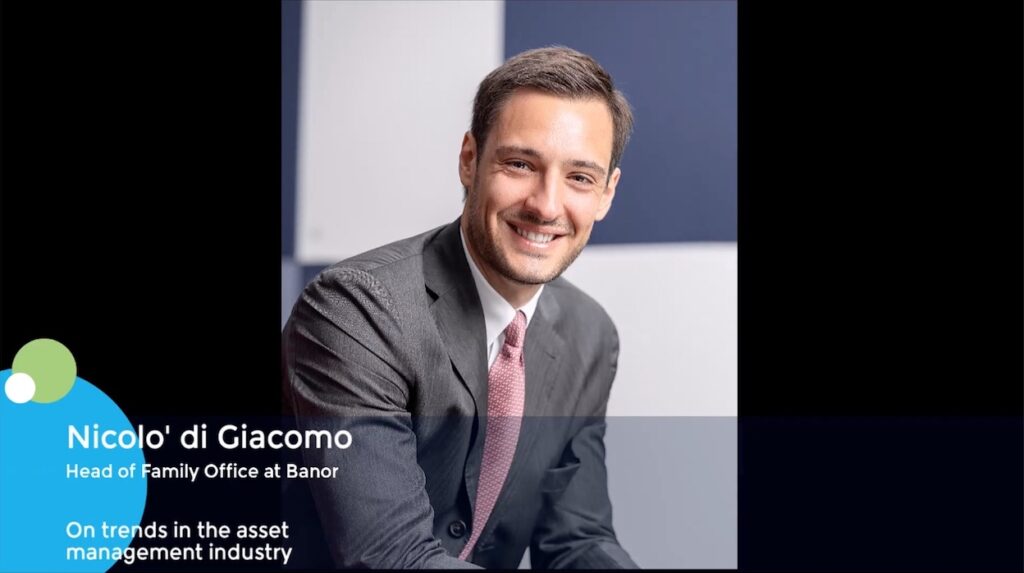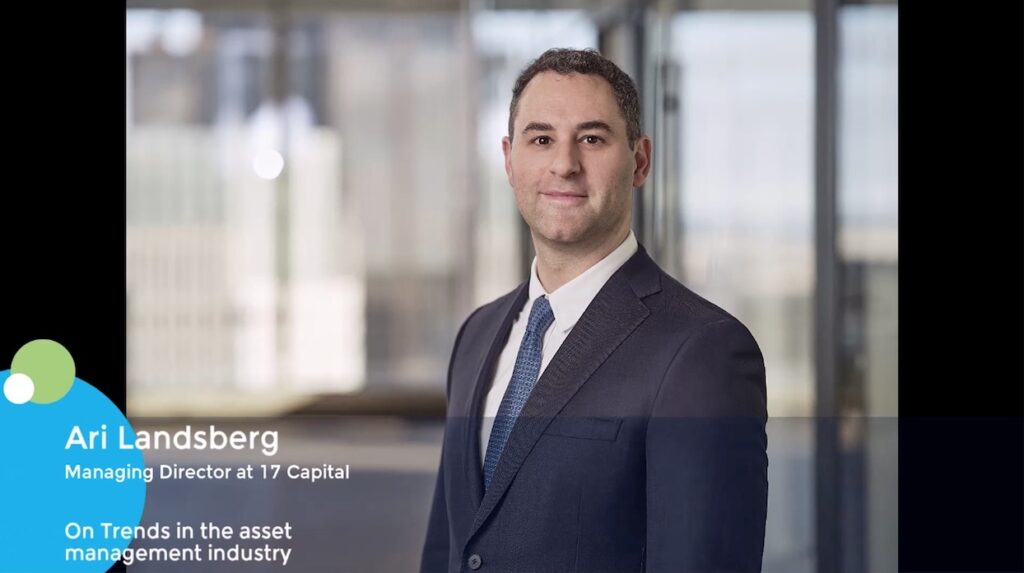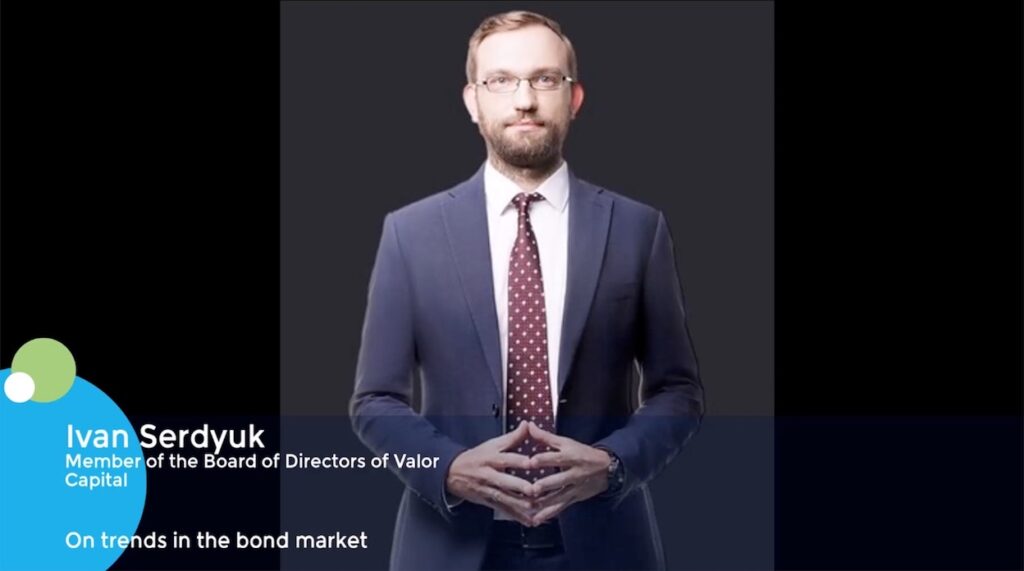VSS could turn to Middle East, Asia as part of efforts to expand LP base
- Middle East, Asia, Europe, evergreen vehicles, and US pensions are on agenda
- GP is putting in place mechanisms to address growing demand for co-investment
- Fund IV has made nine investments; could be 15-18 in total
VSS Capital Partners may join the train of North American middle market sponsors looking to raise capital out of the Middle East and Asia as it looks at ways to expand its LP base beyond a historical concentration among US family offices and institutions.
The New York City-based sponsor – known for a hybrid strategy comprising both equity and credit investments – has deployed about two-thirds of Structured Capital Fund IV, which closed in December 2022 on USD 530m.
While wrapping up investment of Fund IV is the immediate priority, VSS is thinking ahead to the prospect of targeting burgeoning pools of capital in previously untapped markets. This initiative is being led by David Fann, who joined last month as head of investor relations.
“My priority is to build relationships with the existing LP base but then add new ideas with prospective investors. There are some logical places we could go,” said Fann, noting that the timeline for rolling out these ideas would be 2025 to 2026. “We believe there will be demand from investors in the Middle East, Europe, and Asia.”

David Fann, head of investor relations at VSS Capital Partners.
Many North American middle market managers are looking to the Middle East as the region’s institutional investors increase their exposure to private equity and private credit. This push also coincides with a pull-back from private markets by some US LPs because of liquidity constraints.
Fann suggests that VSS’ hybrid strategy could give it an edge in the region. “I don’t think many well-developed structured capital solutions providers have tapped into the Middle East, so that’s an obvious place for us to go,” he said.
In Asia, meanwhile, Japan and Singapore are likely to be the first ports of call. As previously reported, Japanese LPs are increasingly being courted by US and other non-Asian sponsors as part of efforts to diversify investor bases.
Closer to home, VSS is looking to deepen its coverage of public pension plans and so-called “40 Act Funds” – evergreen vehicles that allow high net-worth individual investors to access private markets in a more liquid structure than traditional closed-end funds.
“We’re seeing more 40 Act funds as both limited partners and co-investors, so there are relationships there we could cultivate,” said Fann.
More generally, soaring demand for co-investment opportunities will also be a focus, with Fann emphasizing the importance of having mechanisms and capabilities in place to handle deal flow.
VSS focuses on three sectors: healthcare, educational services, and business services. It makes commitments of USD 20m-USD 50m in companies with EBITDA of USD 3m to USD 15m. There are typically 15-18 investments in each fund, Jeffrey Stevenson, a managing partner at the firm, told Mergermarket in a previous interview.
As of June, Fund IV had nine portfolio companies, Stevenson noted at the time. They include growth investments in Center for Rheumatology, a Los Angeles-based rheumatology platform, and Olympus Cosmetic Group, a Jacksonville, Florida-based cosmetic surgery business. These closed in 2022 and 2023, respectively.
With exits proving difficult in current market conditions, Fann believes VSS’ hybrid strategy, which sees it provide equity and debt capital to mainly founder-owned companies that want to pursue M&A-driven growth, represents an advantage.
“When there’s a huge bid-ask spread between buyers and sellers, having a creative capital solutions partner really works well for a lot of privately owned companies,” he said.
VSS made several exits in 2023, including the sale of its stake in GreenSlate Holdings, a cloud-based payroll and accounting firm, to Francisco Partners in a deal that saw the sponsor then re-invest in the asset for the next stage of its growth. The firm also sold its position in Quatrro Business Support Services, a tech-enabled outsourcing business, to Roark Capital.
Year-to-date there have been no announced exits, but Mergermarket reported in April that a sale process was underway for Powerhouse Retail Services, an outsourced business services provider in which VSS holds a minority stake alongside Lincolnshire Management.
Fann declined to comment on the timeline for Fund V. However, he observed that the challenges that have defined the last few years are beginning to fade.
“Conditions in the middle market are starting to pick up slightly, but the focus on DPI [distributions to paid-in] is still deafening,” he said. “There are a lot of funds that are three to seven years old that have not returned meaningful capital to their LPs, which limits their ability to put money to work.”
The Federal Reserve’s move to cut its benchmark interest rate by a half point last week should help. “It’s necessary to reinvigorate the M&A market. Getting the cost of capital down and getting leverage multiples to work is the only way to revitalize it,” Fann said.











